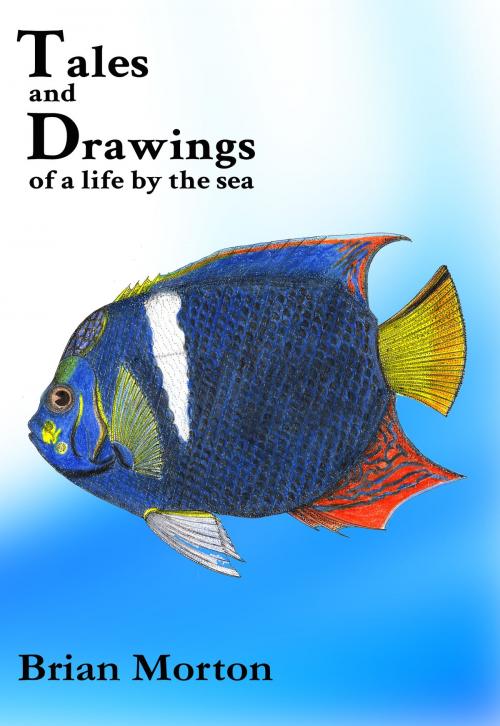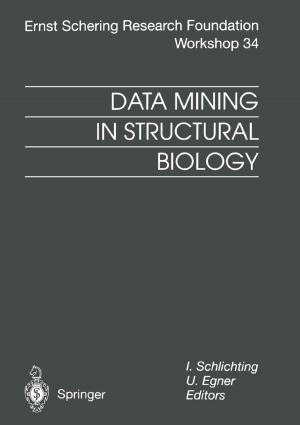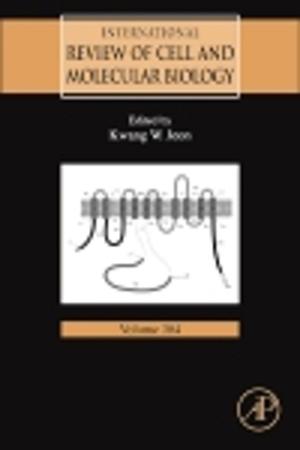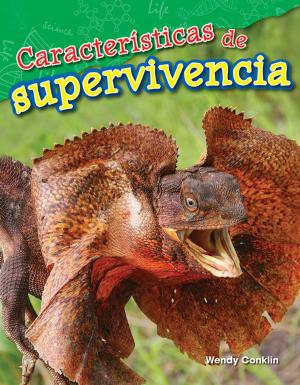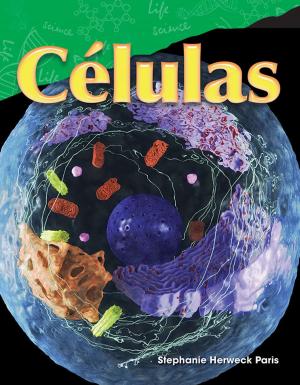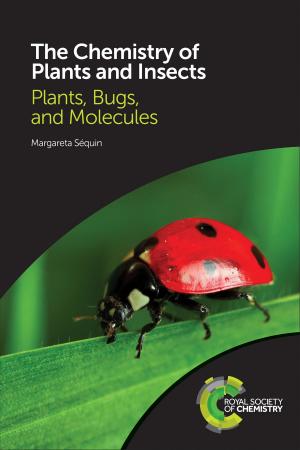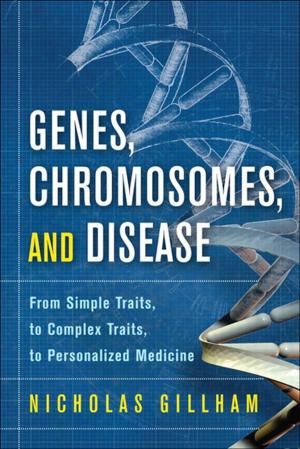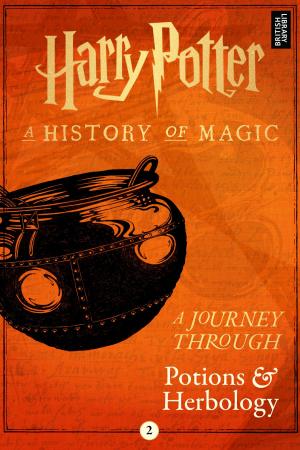Tales and Drawings of a Life by the Sea
Nonfiction, Science & Nature, Science, Biological Sciences, Biology| Author: | Brian Morton | ISBN: | 9781910757796 |
| Publisher: | Brian Morton | Publication: | February 23, 2017 |
| Imprint: | Smashwords Edition | Language: | English |
| Author: | Brian Morton |
| ISBN: | 9781910757796 |
| Publisher: | Brian Morton |
| Publication: | February 23, 2017 |
| Imprint: | Smashwords Edition |
| Language: | English |
Until relatively recently, hand-drawn illustrations were the backbone of the biological sciences – both for teaching and research.
The art of biological illustration has its origins deep in our ancient psyche as evidenced by Neolithic cave wall paintings. Every human society has found the means to express its wonderment at the diversity of life around it culminating in the illustration of our first printed books. And, eventually our scientific and more popular writings. Students of biology used to be taught how to draw. Today - rarely so.
In this volume, the author explains how he was taught to draw biological specimens as a university student and which, then, continued with the need to illustrate his own books and research articles.
This volume is a compendium of 80 of the author’s drawings, some later ones in colour, nearly all published herein for the first time. It plots the author’s temporal change in his interpretation of marine plant and animal form – permitting an analysis of function and thus a greater appreciation of just how wonderful life is.
The author concludes with a plea for the continued teaching of drawing, illustration and art in our schools, colleges and universities if only to broaden our children’s appreciation of life itself. And, because, it is the epitome of the expression of our unique ‘self’ it is, thus, a fulfilment of one’s own being.
Until relatively recently, hand-drawn illustrations were the backbone of the biological sciences – both for teaching and research.
The art of biological illustration has its origins deep in our ancient psyche as evidenced by Neolithic cave wall paintings. Every human society has found the means to express its wonderment at the diversity of life around it culminating in the illustration of our first printed books. And, eventually our scientific and more popular writings. Students of biology used to be taught how to draw. Today - rarely so.
In this volume, the author explains how he was taught to draw biological specimens as a university student and which, then, continued with the need to illustrate his own books and research articles.
This volume is a compendium of 80 of the author’s drawings, some later ones in colour, nearly all published herein for the first time. It plots the author’s temporal change in his interpretation of marine plant and animal form – permitting an analysis of function and thus a greater appreciation of just how wonderful life is.
The author concludes with a plea for the continued teaching of drawing, illustration and art in our schools, colleges and universities if only to broaden our children’s appreciation of life itself. And, because, it is the epitome of the expression of our unique ‘self’ it is, thus, a fulfilment of one’s own being.
